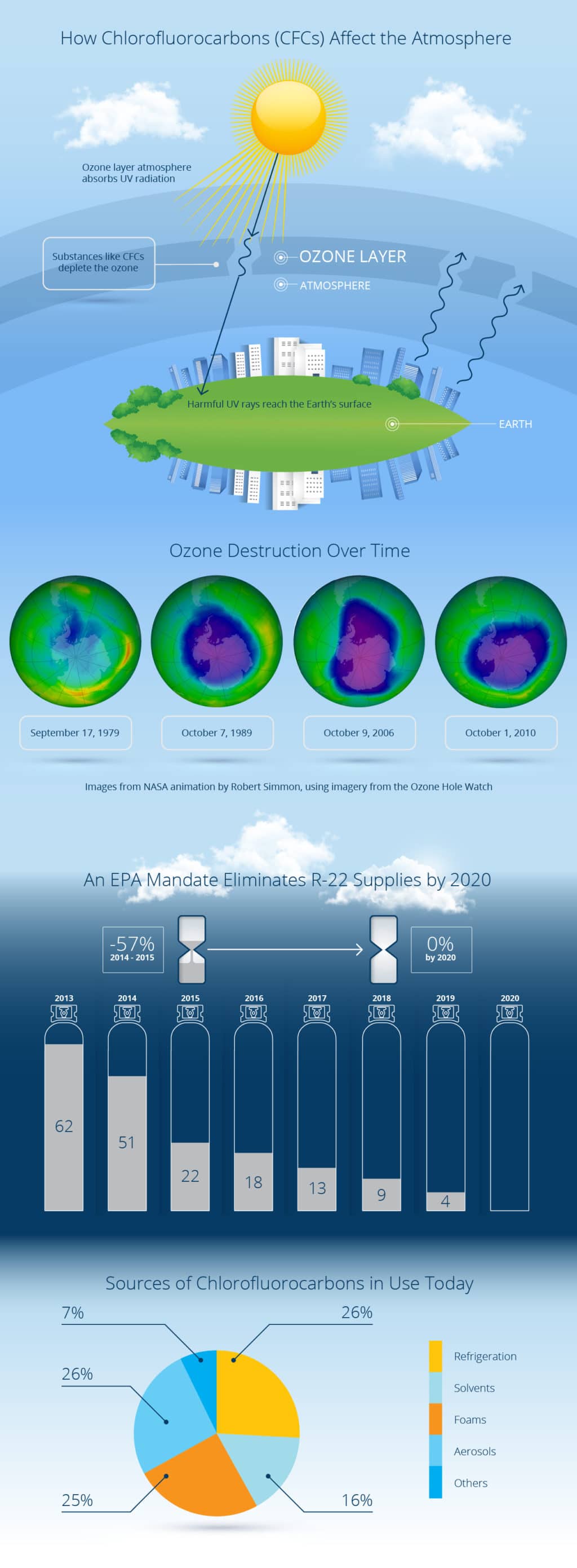Discovering The Environmental Advantages Of Warmth Pumps - A Lasting Heating Solution
Discovering The Environmental Advantages Of Warmth Pumps - A Lasting Heating Solution
Blog Article
Authored By-Dickinson Zhou
In a period where sustainability and power efficiency are extremely important, lots of organizations seek eco-friendly heating services. airconditioning unit is the heat pump.
A heat pump extracts the warm in its surroundings and pumps it into your home, resulting in one of one of the most efficient eco-friendly main heating unit around. This procedure likewise generates no greenhouse gas emissions, making it a highly lasting modern technology.
Energy Efficiency
Heatpump are extremely power reliable and call for little maintenance. They use much less electrical power than other heater and are without a doubt the most eco-friendly. They function well with rooftop solar and can often spend for themselves in energy financial savings alone.
They can also provide cooling, which is wonderful for garage workshops, attic hangouts and bonus offer rooms, and home enhancements without extending the existing ductwork. They can also be made use of for retrofits in existing homes with hydronic (water-based) distribution systems such as low temperature level radiators or radiant floorings.
Seek models with SEER and HSPF scores that meet or surpass copyright's minimum criteria, in addition to the criteria in your region. Higher ratings indicate better performance, which saves you money in the long run and lowers your carbon impact. You could also qualify for discounts and incentives! The best devices are those with a ground heat exchanger for included performance. These devices can soak up thermal power from the ground during the winter season and remove it in the summer.
Lowered Greenhouse Gas Emissions
Heat pumps run on electrical energy and essentially transfer heat from the air, also when it's chilly outside. They have the ability to extract the complimentary warm entraped in air fragments and move them inside, lowering humidity while doing so.
Contrasted to gas heaters, modern heat pumps use less than one kilowatt of electricity per kilowatt of heating power they produce. This makes them one of the most power efficient home heating choice readily available with a POLICE OFFICER (Coefficient of Efficiency) of four or even more. By reducing service providers for heat pumps for fossil fuels, heatpump help in reducing greenhouse gas exhausts and cut various other major air toxins.
Structure decarbonization is a worldwide essential, and the HVAC field is a key motorist of that process. Whether it's real estate investors making internet no dedications, plan makers setting discharges limits, or tenants requiring greener rooms, electrical heat pumps are being recognized as a crucial option. They are a cost-efficient method to minimize carbon discharges by eliminating the demand for nonrenewable fuel sources in buildings.
Adaptability
Heat pumps can be utilized in several kinds of homes and structures-- with or without air ducts. They deal with hot-water radiators, air-conditioning and programmable thermostats. They can change heating systems or be set up in new houses. They can operate on solar panels, geothermal systems and even district heating sources like wastewater.
They're excellent at supplying even more warmth per energy device. As an example, an air-source heat pump generates approximately 3 or more heating systems from each power unit it consumes.
Obtaining the most from your heat pump will depend on your climate zone and top quality of insulation. Look for versions with power STAR scores and contrast their SEER or HSPF specifications. In warmer environments, focus on SEER; in cooler areas, take into consideration a system with a higher HSPF ranking. On top of that, invest in air sealing and insulation to reduce the tons on your heat pump. That will improve energy performance and aid you reach your Web No goals quicker.
Biomass Boilers
Biomass central heating boilers make use of timber pellets, chips or logs to produce warm and hot water. They are a great choice for off-grid properties or those that intend to get off the gas grid.
As a standalone furnace, biomass can supply sufficient energy to keep your home cozy throughout the year without the common warmth drop off of other eco-friendly technologies. They can likewise be made use of along with photovoltaic panels to increase savings and take advantage of RHI repayments.
A disadvantage of these systems is the ahead of time expense and routine fuel distributions. Usually, pellets will need to be blown right into a fuel shop making use of a vacuum system or they can be manually fed into the central heating boiler with a receptacle. Logs are normally self-sourced from nearby timberland or bought in bulk. In addition to this, they call for manual loading and might need cleansing often.